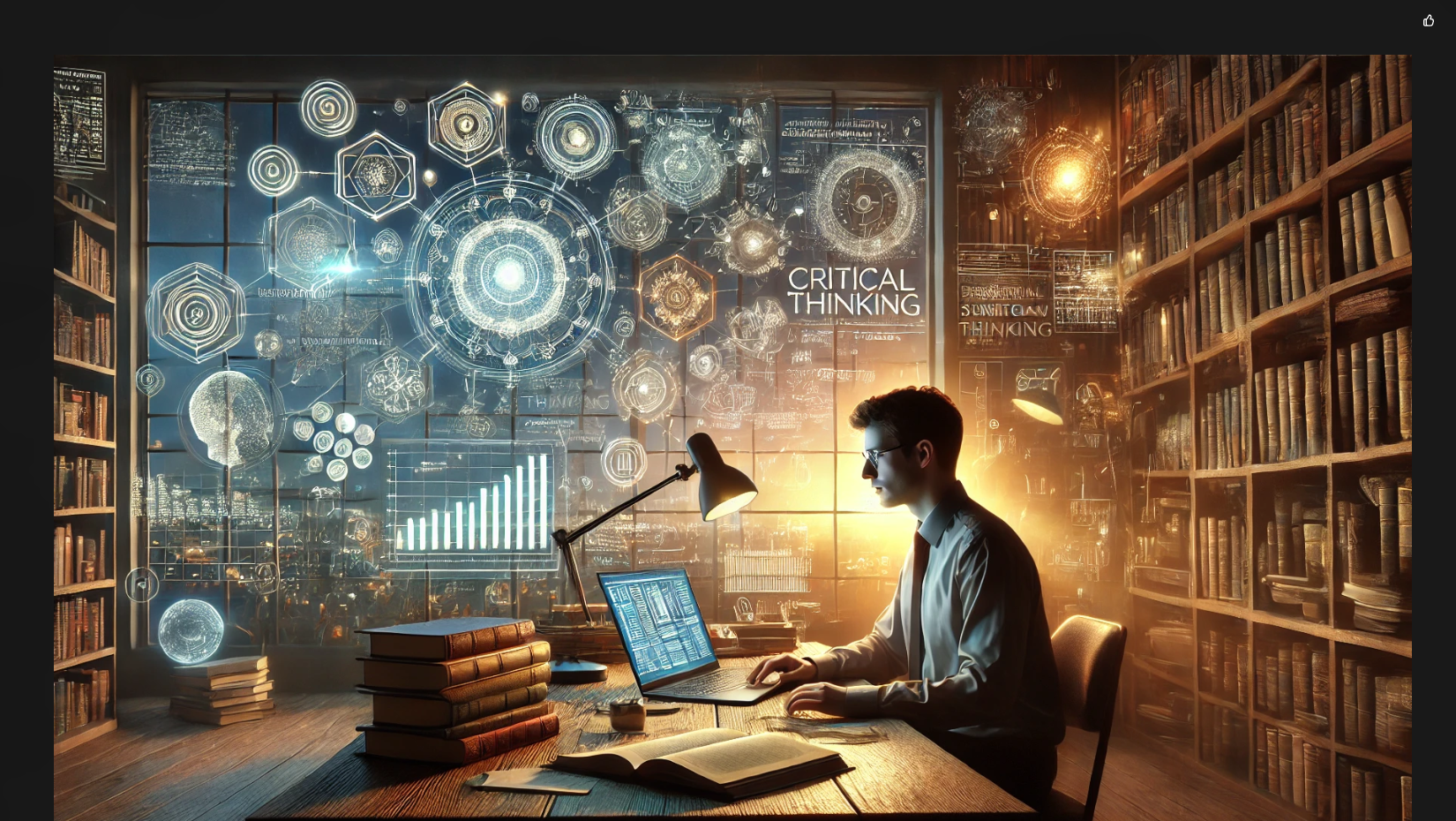Significance is a key part of critical thinking because it helps people focus on what truly matters. When people think critically, they must decide which information is most important and how it connects to the bigger picture. Without significance, it is easy to get distracted by unimportant details and lose sight of what really needs attention.
Thinking about significance means asking whether a piece of information is central to the topic or decision at hand. If a person is writing an essay about climate change, they might come across many facts about weather patterns, pollution, and laws. A critical thinker would focus on the most important details, such as how human activities contribute to climate change and what can be done to reduce harm. Without this focus, the writer might include too many unrelated details and weaken their argument.
In daily life, understanding significance helps people make better decisions. If a student has a big test coming up, they need to decide what information to study. Memorizing small facts might not be as important as understanding key concepts. If a family is planning a budget, they must decide which expenses are necessary and which can be reduced. Without considering significance, they might spend too much time worrying about small costs while ignoring larger financial issues.
When solving problems, focusing on significance leads to better solutions. Imagine a city trying to reduce traffic. Officials might consider many ideas, such as adding more stop signs, improving public transportation, or building new roads. A critical thinker would look at which solution has the biggest impact and helps the most people. If they focus on minor changes that do not make much difference, the problem will not be solved effectively.
Significance also plays a role in conversations and debates. When people discuss important topics, they need to focus on the key points instead of getting lost in minor details. If two people are arguing about school policies, they should concentrate on how those policies affect students and teachers instead of small disagreements. Staying focused on the most important issues makes discussions more productive and meaningful.
In news and media, recognizing significance helps people understand the world better. With so much information available online, it is easy to be overwhelmed by unimportant stories. A critical thinker knows how to separate major events from minor distractions. For example, if a major law is passed that affects millions of people, it is more significant than a celebrity’s social media post. Learning to identify what truly matters helps people stay informed and make smarter choices.
Students can develop their ability to recognize significance by asking questions about the information they receive. They should ask whether a detail changes the overall meaning of a topic or if it is just extra information. They should also consider whether the information has a lasting impact or if it is just a short-term issue. Practicing these skills makes it easier to focus on what is truly important in school, work, and everyday life.
Understanding significance is also useful in relationships. When friends or family members have disagreements, it helps to focus on the core issue instead of minor details. If two siblings argue about sharing chores, the real issue might not be about one specific task but about fairness and responsibility. Looking at the bigger picture helps people resolve conflicts more effectively and strengthen their relationships.
Workplaces also require critical thinking about significance. Employees must decide which tasks are the most important and which can wait. If a business owner spends too much time on minor details, they may ignore major decisions that affect their company’s success. Good leaders know how to focus on the most significant issues to keep their teams and businesses running smoothly.
In science and research, recognizing significance helps experts focus on discoveries that have the greatest impact. If a scientist is studying a new medicine, they must determine which results are the most meaningful. If they focus too much on small changes that do not make a difference, they might overlook a breakthrough. Critical thinking allows them to find and highlight the most important findings.
Developing the ability to think about significance takes practice. It means learning to filter out distractions and focus on the main ideas. It also means being able to step back and see the larger picture. People who develop this skill become better decision-makers, problem solvers, and communicators.
Significance is not just about knowing what is important but also about understanding why something matters. In a world full of information, those who can recognize and focus on the most meaningful details will be better prepared to succeed. Whether in school, work, or personal life, thinking critically about significance helps people make smart choices and take actions that truly matter.

